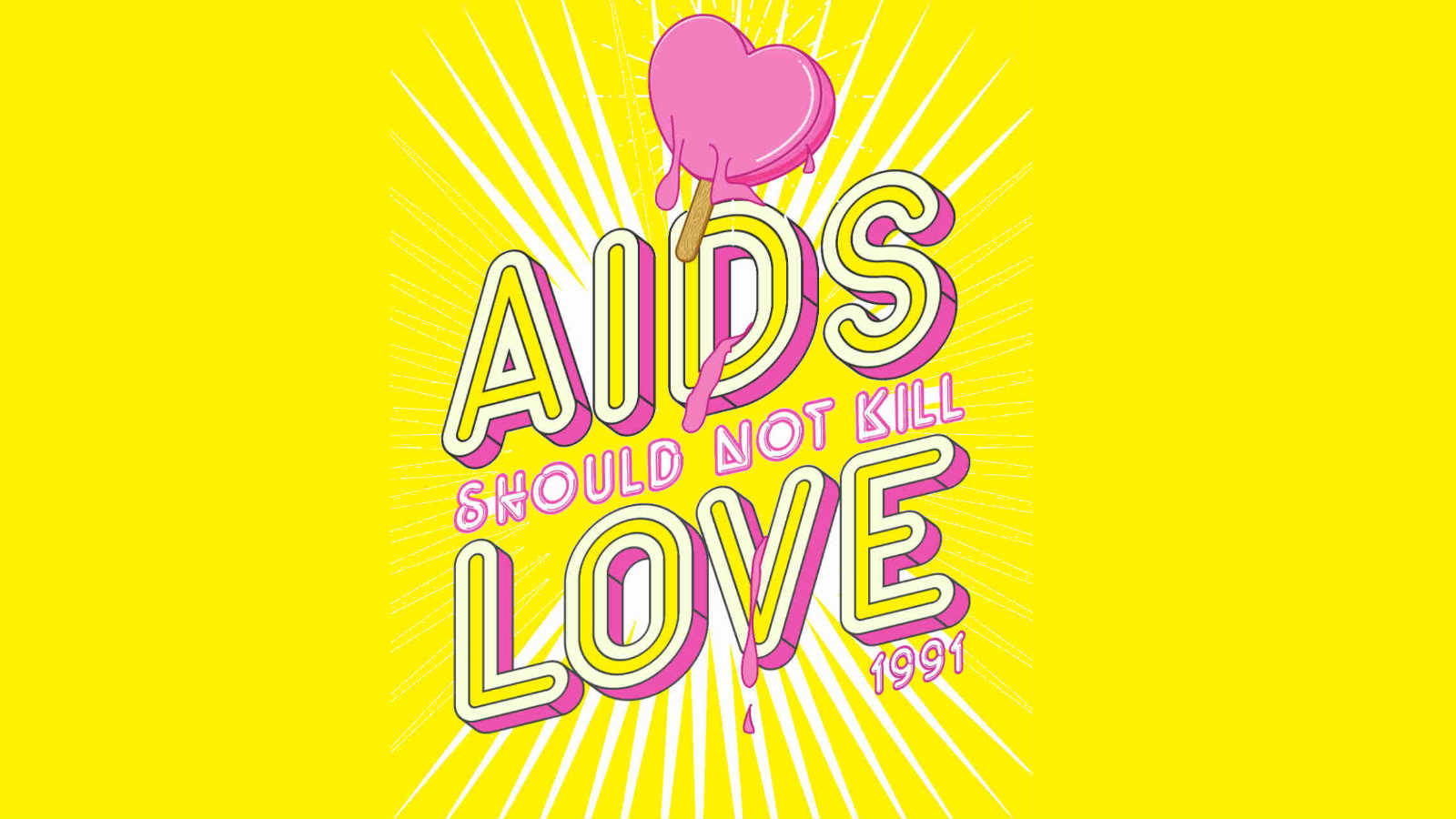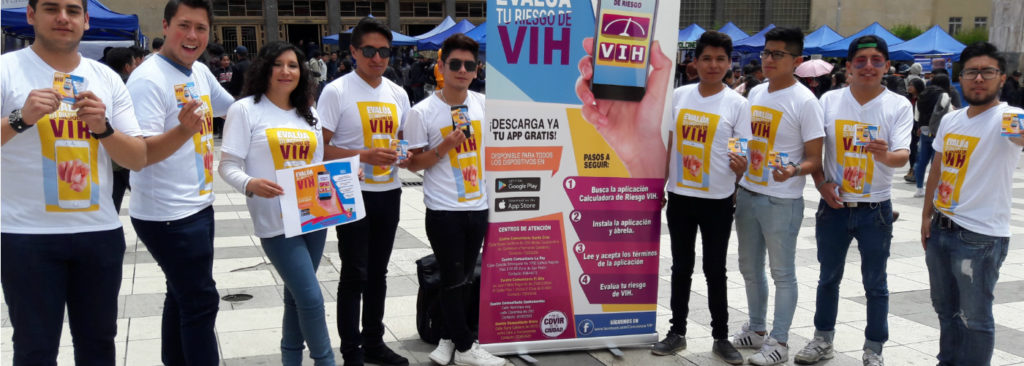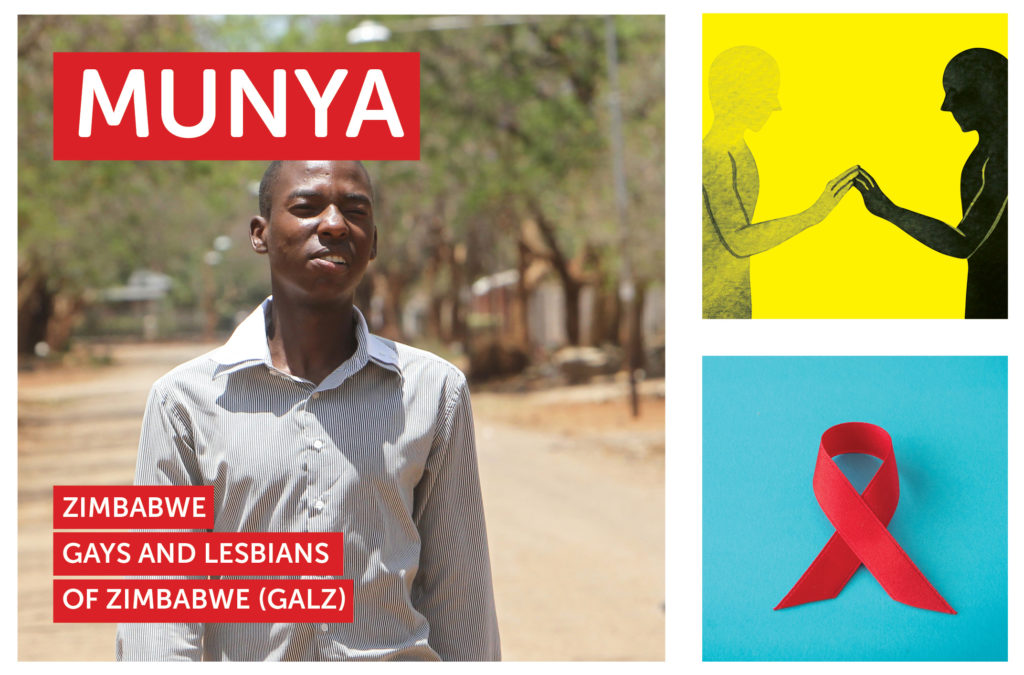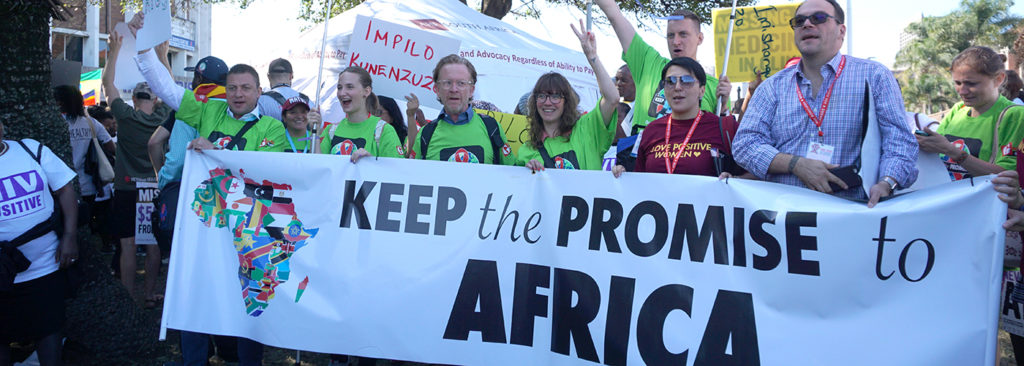Enormous progress has been made so far to address the HIV epidemic. More and more people are aware of their status and are receiving treatment. In the last decade, we have seen a mass grassroots mobilization across the globe, bringing a more diverse and inclusive group of people to the forefront of the HIV response.
Despite the progress, significant challenges remain. Persistent unequal gender norms, poverty, criminalization, stigma, discrimination, and the rise of conservative agendas have the potential to lead to stagnation and backsliding. Communities are deliberately left out due to their sexual orientation, gender identity, expression and sex characteristics. LGBT+ people, women, and girls, are heavily affected by violence. Intimate partner violence, gender inequality, and patriarchy limit their ability to negotiate safer sex, as well as access to HIV and sexual and reproductive health services.
It is time to reaffirm the leading role of people living with HIV in the global HIV response.
This World AIDS Day we highlight what is driving our work: meeting the needs and securing the rights of people living with, at risk of, or affected by HIV. It is time to reaffirm the leading role of people living with HIV in the global HIV response. Time to amplify the voices of those who are deliberately left out. And most certainly time to focus on the broader sexual, reproductive, mental, and other health needs of those most at risk.
Today more than ever we must recognize that the only way forward is if people most affected by HIV have a more active role deciding on their health and body, and take control of their sexual and reproductive lives. Beyond that, it also takes political will, courage, and commitment to end HIV once and for all.








